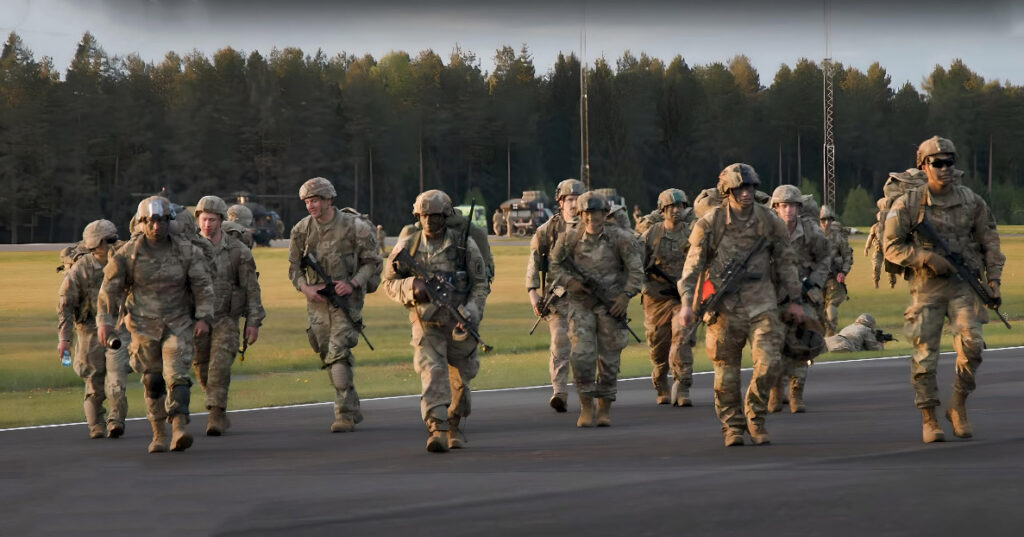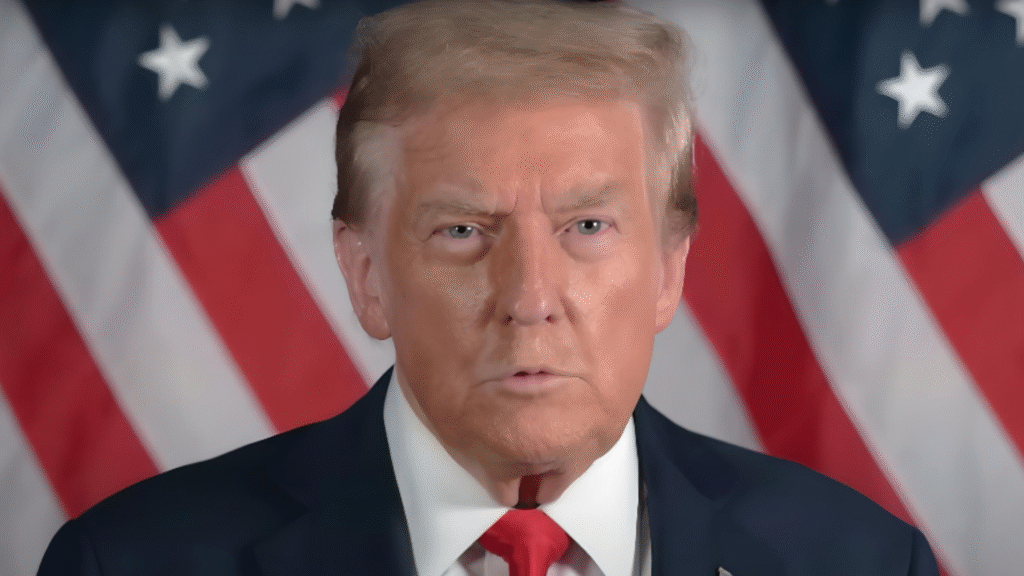In international politics, there are moments that, while appearing routine on the surface, hint at deeper shifts in the global security landscape. Such was the case with the recent resumption of direct phone talks between Russian President Vladimir Putin and French President Emmanuel Macron — their first conversation in nearly three years.
The call lasted over two hours and, according to the Kremlin, was “substantive.” This was far more than a mere exchange of formalities — the leaders delved into some of the most contentious and pressing issues of European security as well as mounting concerns in the Middle East. Commenting on the situation in Ukraine, Putin reiterated Moscow’s long-held view that the conflict is the result of years of disregard for Russia’s security interests. He specifically pointed to support for the development of anti-Russian infrastructure in Ukraine and the continuous supply of advanced weaponry to Kyiv, which, according to Moscow, only serves to prolong the hostilities.
The Russian president reaffirmed a commitment to potential conflict resolution — but with clear conditions. Any peace, he argued, must be sustainable, long-term, and grounded in the historical and geopolitical roots of the current crisis. This position can be interpreted as an attempt to outline the diplomatic framework within which Moscow is willing to negotiate — provided that its strategic interests are taken into account.
Beyond the Ukrainian conflict, special attention was given to the growing tensions in the Middle East. Putin and Macron discussed the escalating confrontation between Iran and Israel, as well as U.S. strikes on Iranian nuclear facilities. Both leaders emphasized the importance of adhering to international non-proliferation norms and voiced support for the peaceful development of Tehran’s nuclear program within the bounds of existing international agreements.
Both Moscow and Paris agreed that conflicts of this scale demand political and diplomatic solutions. They also agreed to continue discussions on these matters — a move that may indicate the beginning of a renewed phase of communication channels, despite the strained relations of recent years.
The very fact that this conversation took place can be seen as a symbolic gesture. After nearly three years of deepening tensions and growing division, the return to direct dialogue between the leaders of two influential nations offers, however fragile, a window of opportunity for reducing global friction. According to the French administration, Macron intends to maintain this line of communication with Putin — possibly signaling a desire to restore a diplomatic balance that has been eroding.
History holds many examples where even a single conversation marked a turning point. While it is too early to draw definitive conclusions, the call itself sends a signal — a signal of potential willingness to seek solutions in a climate that, until recently, seemed dominated only by ultimatums.



